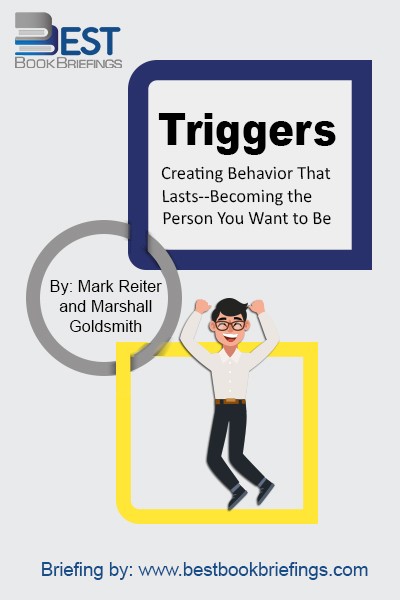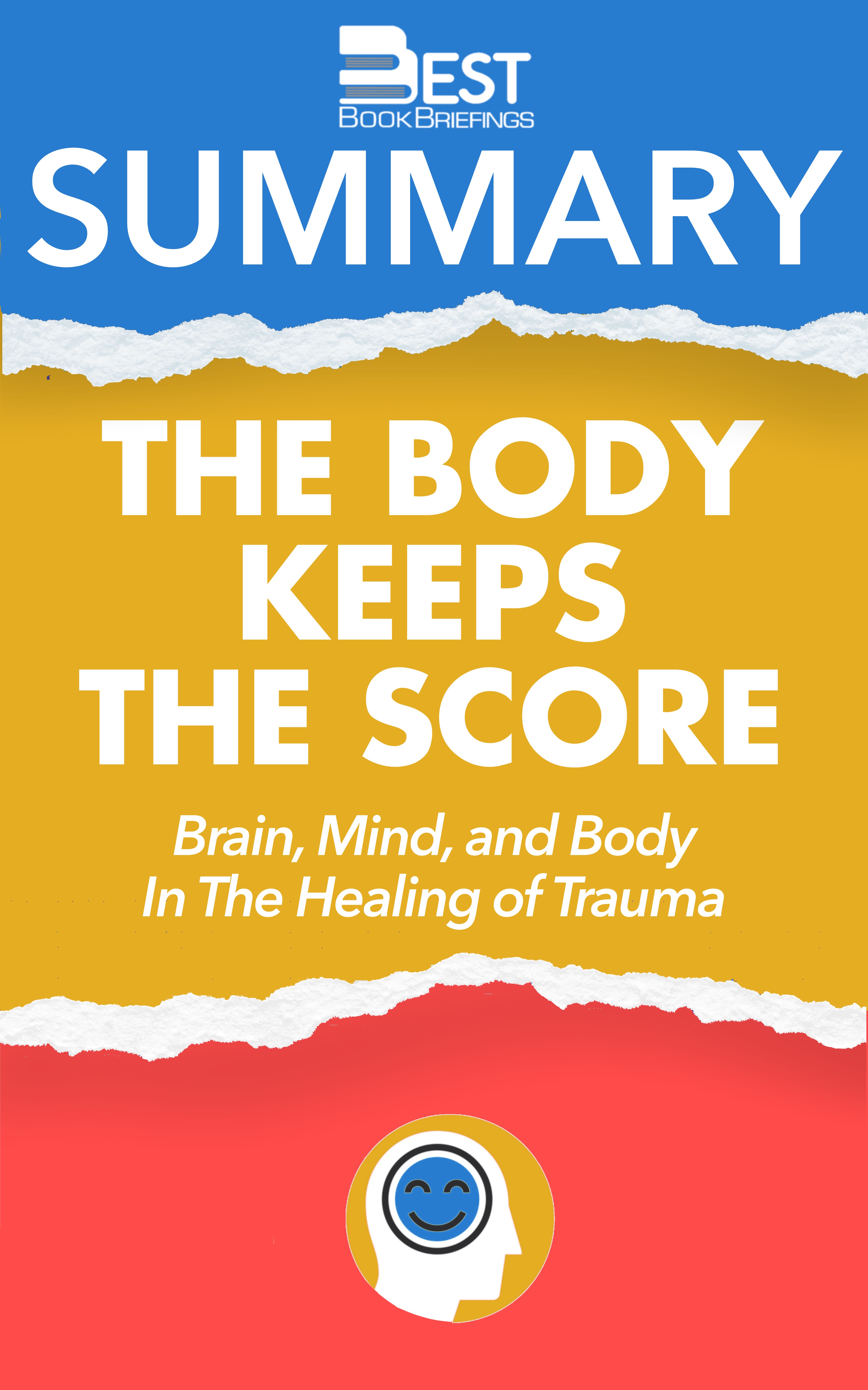The Body Keeps the Score
Brain, Mind, and Body in the Healing of Trauma
Editorial Review
Trauma is a fact of life. Veterans and their families deal with the painful aftermath of combat; one in five Americans has been molested; one in four grew up with alcoholics; one in three couples have engaged in physical violence. Dr. Bessel van der Kolk, one of the world’s foremost experts on trauma, has spent over three decades working with survivors. In The Body Keeps the Score, he uses recent scientific advances to show how trauma literally reshapes both body and brain, compromising sufferers’ capacities for pleasure, engagement, self-control, and trust. He explores innovative treatments—from neurofeedback and meditation to sports, drama, and yoga—that offer new paths to recovery by activating the brain’s natural neuroplasticity. Based on Dr. van der Kolk’s own research and that of other leading specialists, The Body Keeps the Score exposes the tremendous power of our relationships both to hurt and to heal—and offers new hope for reclaiming lives.
Book Reviews
Books on Related Topics

We tend to think that when we make our own decisions, we do them fairly. We think that we understand the way our minds work and that we are the ones in control. But psychologists beg to differ. In this summary of Mahzarin R. Banaji and Anthony G. Greenwald book, Blindspot,

In Factfulness, Professor of International Health and global TED phenomenon Hans Rosling, together with his two long-time collaborators, Anna and Ola, offers a radical new explanation of why this happens. They reveal the ten instincts that distort our perspective-from our tendency to divide the world into two camps (usually some version

A trigger is any stimulus that reshapes our thoughts and actions. In every waking hour we’re being triggered by people, events, and circumstances that have the potential to change us. They can be major moments. They can be pleasant, like a teacher’s praise that elevates our discipline and ambition and turns



